Will A.I. replace teachers in the classroom?


Early on in the conversation about A.I. I suggested we remove the words ‘that could never happen’ from our vocabulary. So, to answer the question, can A.I. replace teachers in the classroom?, the answer is yes it can, and that should worry all of us. Will A.I. replace teachers in the classroom is still unknown.
- A.I. systems lack the ability to understand and respond to the emotional needs of students.
- Teachers inspire creativity and innovation in students by encouraging them to think outside the box and come up with new ideas.
- One key role of a teacher that A.I. is unfit to replace is to instill ethical and moral values in students.
- A.I. systems are likely to struggle dealing with behavioral issues, conflicts, and maintaining discipline amongst students.
- Human interaction in a classroom setting is critical for the development of students’ social skills, including communication, teamwork, and conflict resolution. Teachers facilitate social interactions and help students develop these vital life skills.
- Great teachers serve as role models for students, inspiring them to set high goals, follow their passions, and work hard to achieve success.
- The human element of a teacher’s influence cannot be replaced by an A.I. system.
As further proof, an important 40-year longitudinal study by Emmy Werner explains far better than I the importance of human teachers in the classroom. This study took place in Kauai and it demonstrated just how crucial supportive relationships, such as those with teachers, can be in helping children overcome adversities and lead successful lives.
The study focused on a cohort of children born in 1955 on the Hawaiian island of Kauai. Werner and her team followed these children from birth to adulthood, observing how various factors in their lives influenced their development and resilience. Many of the children faced significant adversities, such as poverty, unstable family environments, and health issues.
- The presence of at least one supportive adult figure in their lives who provided stability and encouragement. Often, these supportive individuals were teachers who took a genuine interest in the child’s well-being and academic success.
- Opportunities for meaningful participation in school or community activities, which allowed the children to develop a sense of purpose and responsibility. Teachers played a significant role in providing or directing children toward these opportunities.
- Effective communication and problem-solving skills, which were often modeled or explicitly taught by teachers in school settings
- Positive expectations from teachers and other significant adults who believed in the child’s ability to overcome adversities and succeed in life.
- Establishing strong, nurturing relationships with students, and providing emotional support and encouragement.
- Providing opportunities for students to participate in meaningful activities within and outside the classroom, which can help them develop a sense of purpose and responsibility.
- Teaching and modeling effective communication and problem-solving skills, which empower students to overcome challenges and thrive despite adversities.
- Holding high expectations for all students and expressing confidence in their abilities to succeed.
The Kauai longitudinal study highlights the powerful impact teachers have on children’s lives. By fostering resilience in their students, teachers make a real difference, enabling children to reach their full potential in life.
In summary, while A.I. can be a valuable tool to supplement and enhance traditional education, it cannot replace the unique qualities and skills of human teachers that are crucial to their students’ growth and development.
Parents who are concerned about the use of artificial intelligence (A.I.) in classrooms can benefit greatly from joining Professor Stork’s community. By connecting with other parents who share their concerns, they can build a network of support and exchange information and ideas on how to address this issue with school administrators and policymakers. Through Professor Stork’s community, parents can become more informed and empowered advocates for their children’s education in the age of A.I.
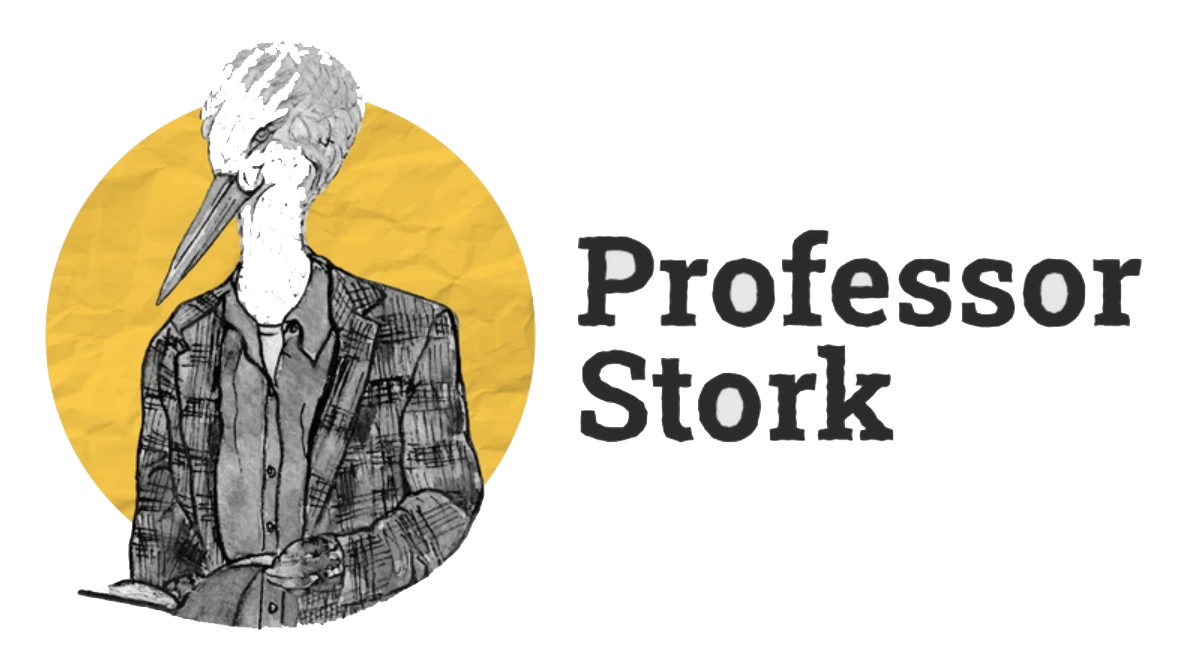
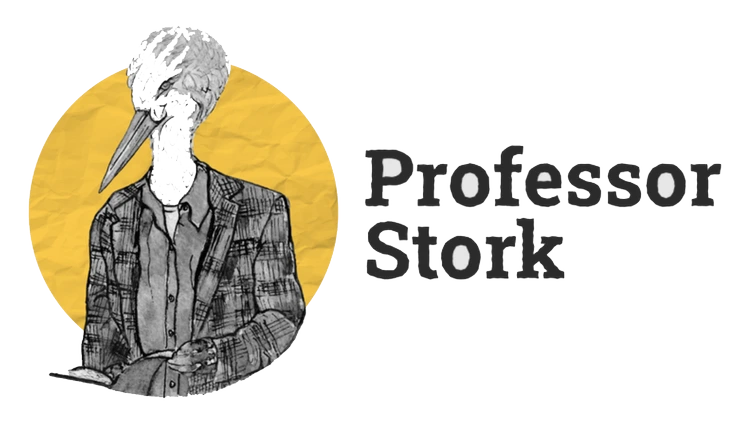

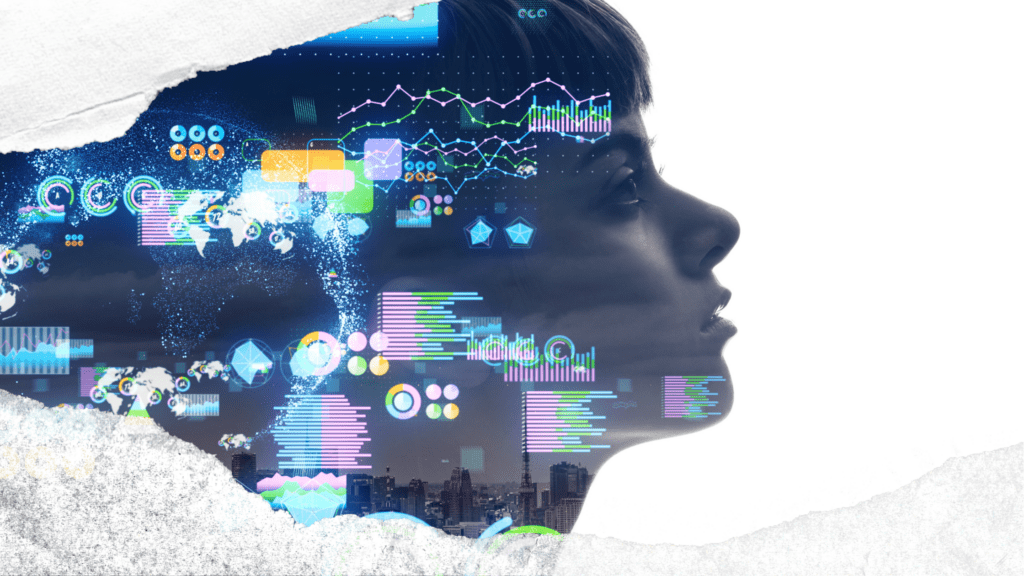

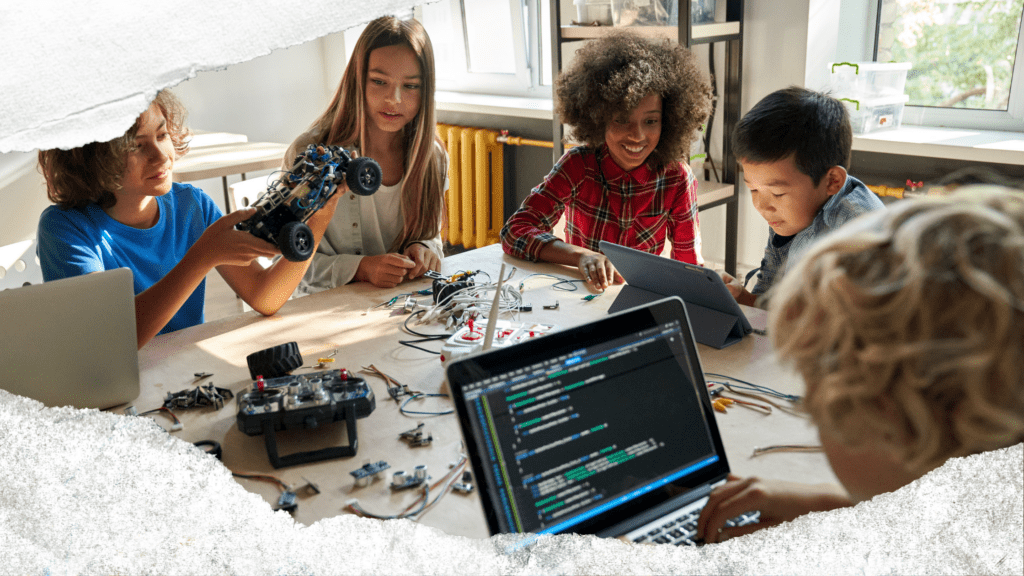

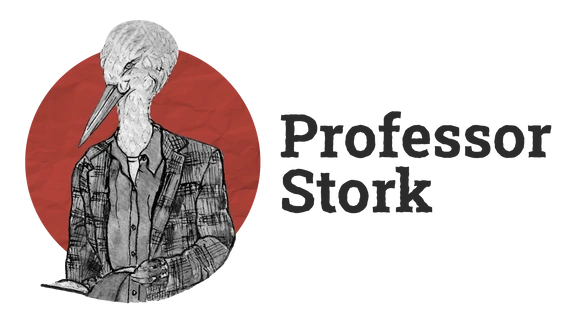
Responses